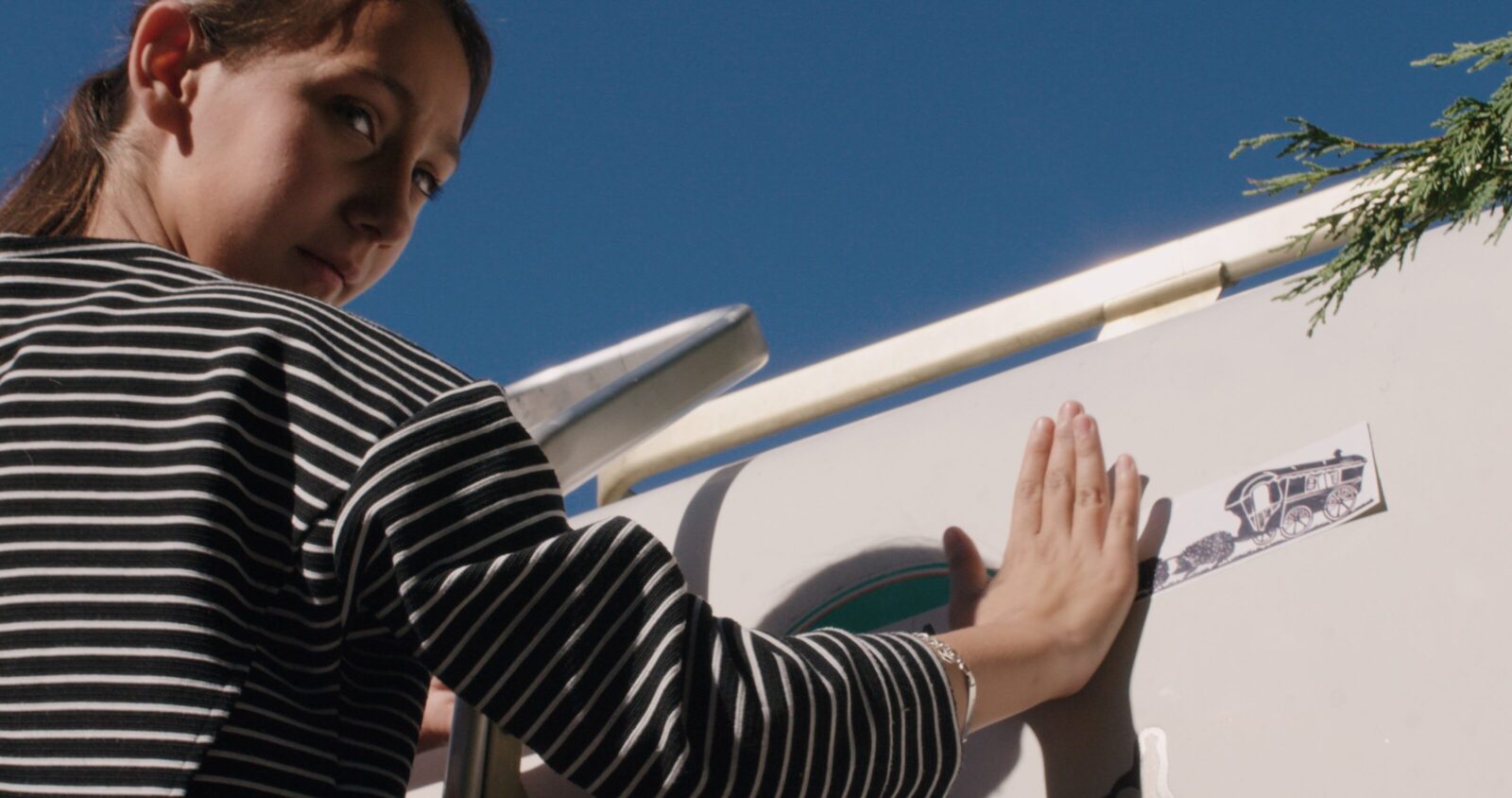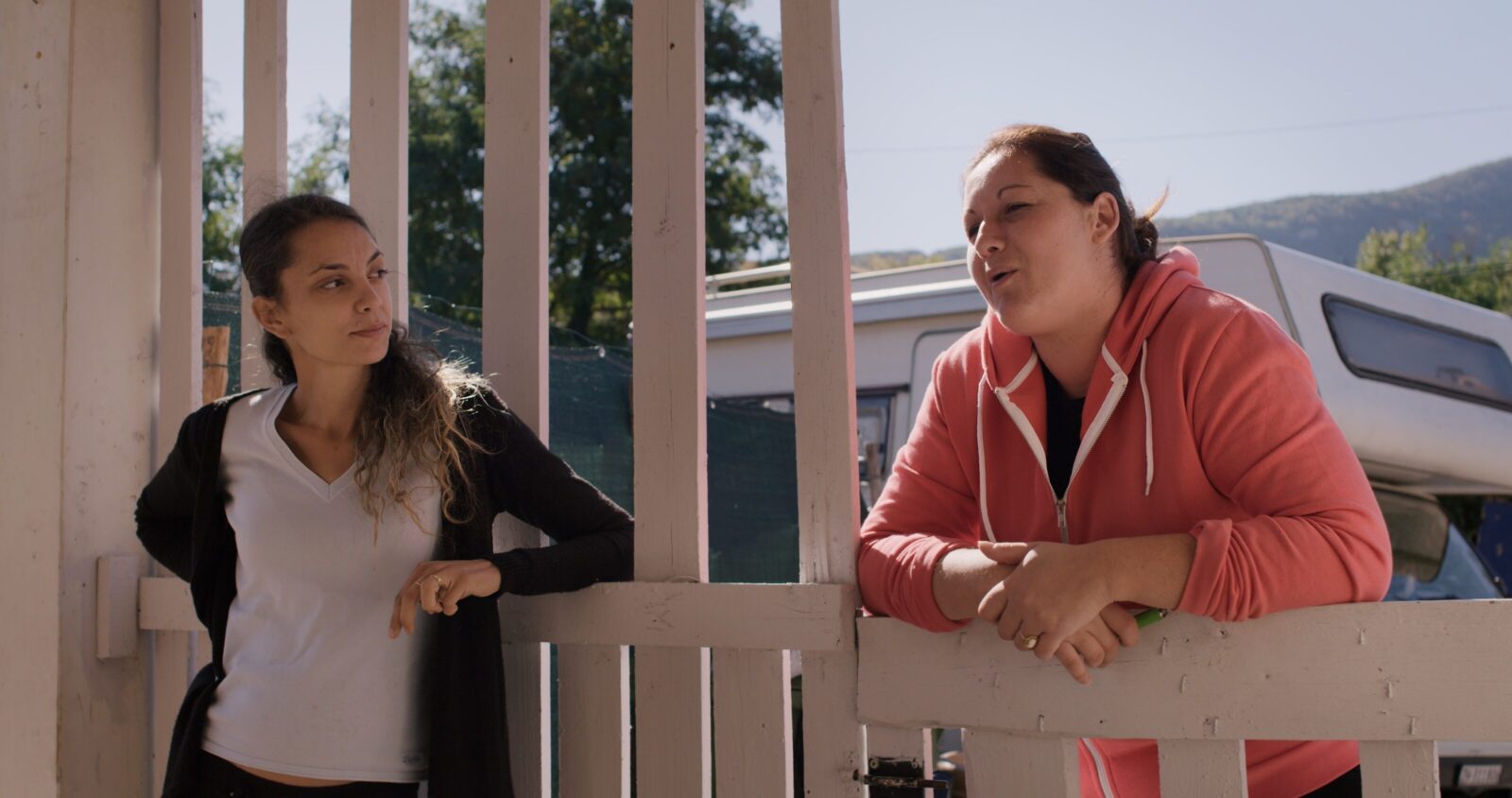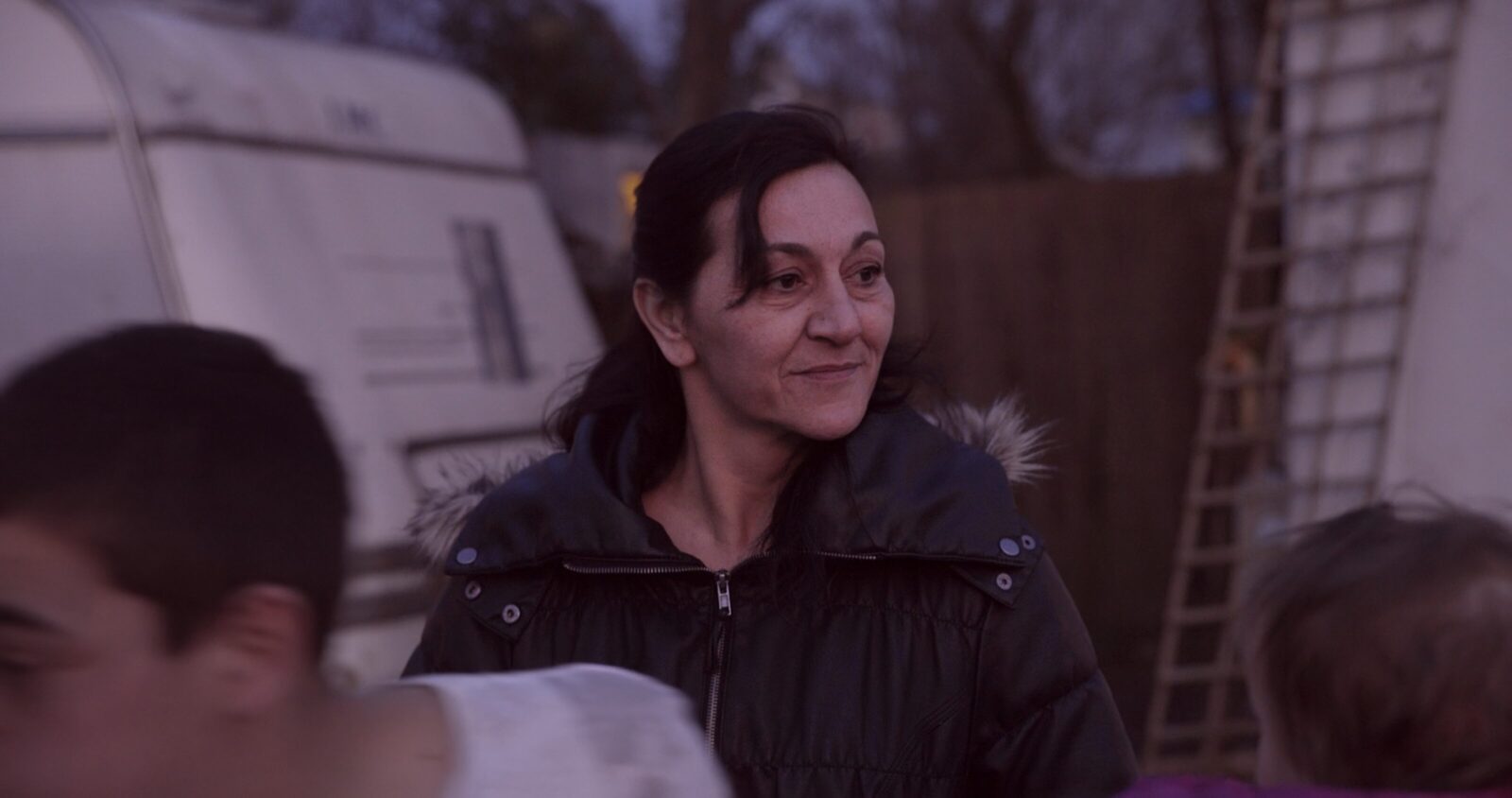The Yenish are a group of people with their own language, culture and history. They are members or descendants of a population with a traditionally travelling and probably mostly semi-nomadic way of life. They mainly live in Switzerland, Germany, France and Austria, but also in other parts of the world. Their total number is estimated at several hundred thousand. In Switzerland alone there are about 35,000. The French spelling is Yéniche, the English Yenish; they are sometimes called Gens de Voyage or traveller until today. In Austria the Yenish are also called Karrner, Dörcher or Laninger, in Central Switzerland Fecker, in Eastern Switzerland Kessler or Spengler. Jenisch is the self-designation.
The language
An essential common characteristic of the Yenish is the language. Linguistically, it is an idiom whose structure is based on the language of the majority society, with words from Romanés, Yiddish and Romance languages. Large parts of the vocabulary originated from a creative play with words from the surrounding language. Some of the Yenish vocabulary found its way into dialects and even into standard languages. Often Yenish is compared or equated with Rotwelsch, although Rotwelsch was probably only an «invention» by the authorities and never existed as a language. Since 1997, Yenish has been protected and promoted in Switzerland as a territorially non-bound language.
Professions
Traditionally, many Yenish people are engaged in itinerant and peddling trade, trading scrap metal, antiques and recycling goods in general, the basket trade, fixing stove plates and pans, or working as knife grinders or musicians. Meanwhile, however, Yenish people are working in all kinds of professions.
Travelling way of life
An important part of the Yenish culture is a travelling way of life. The topic is complex and controversial. The history of the travellers has been a history of exclusion since the beginning. In the late Middle Ages, non-sedentary people were ostracized by the aristocracy. The aristocracy fought nomadism because it was hard to control travelling people – the nomads were considered to be particularly freedom-loving.
The fate of the Yenish in Switzerland is revealing. In the 18th century, the non-sedentary were registered in «rogue lists». In the 19th century, in the course of the founding of nation-states and the ensuing demarcation of borders, settlement in Switzerland was now linked indispensably to the possession of a «Heimatschein» («Certificate of origin»), a kind of residency permit which enabled the official criminalization of the non-sedentary way of life: The cantons set up police corps whose main task was to ward off «foreign beggars». While the applicable laws in Switzerland were different from canton to canton, travellers generally were picked up by cops during «beggar sweeps» and expelled to other cantons. However, there were also many settled Yenish whose «certificate of origin» was not renewed by the authorities and who were forced to become travellers as a result. Others settled under social pressure, including families of well-known musicians such as the Wasers and Kolleggers. In 1851, the law against homelessness in the newly founded Swiss Federal State was double-edged: Although all Yenish were granted Swiss citizenship, they were also forcibly assigned to a place of citizenship, and the itinerant lifestyle was made a punishable offense. It was therefore also a re-education and disciplinary measure. Many settled down in order not to attract attention and to be able to continue their professional activities. Often, however, these activities required travelling. Thus, many Yenish were forced to live in a gray area on the edge of legality.

Persecution and discrimination
In the 20th century, exclusion, discrimination and persecution increased even more. In Switzerland, Yenish families were persecuted from the 1920s until the early 1970s by the «Hilfswerk Kinder der Landstrasse» (officially posing as a charity to rescue neglected children), which belonged to the Pro Juventute Foundation. The «Hilfswerk», directed by Dr. Alfred Siegfried, pursued the goal of cutting off Yenish children from their origins. With the approval of the government, more than 600 children were taken from their families and placed in foster homes or foster families. Everything Yenish was to be eradicated. Siblings were separated from each other and placed in different families or foster homes, young people were locked up in institutions. Rape, forced deportation to psychiatric institutions and sterilization are well documented. Entire families, from the grandparents to their present-day descendants, were traumatized. Almost every Yenish family was affected by the «Hilfwerk»’s activities. In 1972, the journalist Hans Caprez reported, in the magazine «Schweizerischer Beobachter», about the removal of children and the inhuman operations of the «Hilfswerk». Eventually, public pressure caused Pro Juventute to dissolve the organisation in the spring of 1973. But there was never any criminal prosecution of those responsible for the misdeeds.
Far too little present in the collective memory are the persecutions that Yenish endured in the Holocaust. Like the Jews, Sinti and Roma, they were persecuted and deported and killed in concentration camps. Efforts are underway to establish a culture of remembrance of these crimes.
Struggle for recognition, associations and organizations
As a result of the revelation of the crimes committed by the «Hilfswerk Kinder der Landstrasse», the Yenish organization «Radgenossenschaft der Landstrasse» was formed in Switzerland which played an important role in the reassessment of the historical events. The recently deceased writer and Yenish activist Mariella Mehr acted as its spokesperson, eloquently addressing the authorities and demanding apologies and reparations. The «Radgenossenschaft der Landstrasse» publishes its own magazine, the «Scharotl».
There are other organizations that work for the recognition of the Yenish as a people with the rights of an ethnic, cultural and linguistic minority. In German-speaking Switzerland, these are the foundation «Naschet Jenische» or the «Fahrende Zigeuner-Kulturzentrum», in French-speaking Switzerland the «Association Jenisch-Manouche-Sinti (JMS)», the «Association Yeniche Suisse», the «Association Mouvement des Voyageurs Suisses (BSR-MVS)» and the «Citoyens Nomades». Albert Barras acts as press spokesman of the travelling people for French-speaking Switzerland. And May Bittel acts already for a long time as an expert for the Travelling People in the Council of Europe. In Switzerland, the Yenish have been recognized as a national minority since 1997 and 2016 respectively.
With reference to Switzerland, the Yenish in Germany and Austria are also fighting for their recognition. In the 21st century, various organizations of the Yenish have emerged in these countries, such as the «Zentralrat der Jenischen Deutschlands», the «Verein der Jenischen in Singen», der «Jenische Kulturverband» and the «Verein zur Anerkennung der Jenischen in Österreich und Europa». In Austria, Romed Mungenast was an important pioneer. The Yenish association «schäft qwant» acts as a transnational association for Yenish cooperation and cultural exchange. In Tyrol, the association «Initiative Minderheiten Tirol» also works to make the Yenish culture and way of life visible.
Yenish, Sinti and Roma
The Yenish, Sinti and Roma are often mentioned in the same breath, but their cultures are clearly different. The origin of the Sinti and Roma is assumed to be in Northern India and today’s Pakistan, respectively. Their languages, Romany and Manic, are derived from ancient Indian Sanskrit. The Yenish, on the other hand, are local: the Yenish families in Switzerland are usually of Swiss origin, Yenish families in Germany originate from German areas, etc. The Sinti arrived in Europe after the Middle Ages, where they came into contact with the Yenish. It is not uncommon for Yenish and Sinti families to have become associated. The term «Travellers» for the Yenish, Sinti and Roma was introduced to replace the word «Gypsy», which many consider discriminatory (although many Yenish also use the word «Gypsy» as a self-designation). The term «Travellers» is misleading, however, as the majority are sedentary. It therefore makes sense and is in accordance with the European Minority Protection Agreement to refer to the various ethnic groups as they call themselves: as Yenish, Sinti and Roma.
Compiled and quoted from thata.ch, jenisch.info, an article excerpt by Stefan Künzli „Jenische in der Schweiz“, Brigitte Baur „Erzählen vor Gericht“ and de.wikipedia. org/wiki/Jenische.






